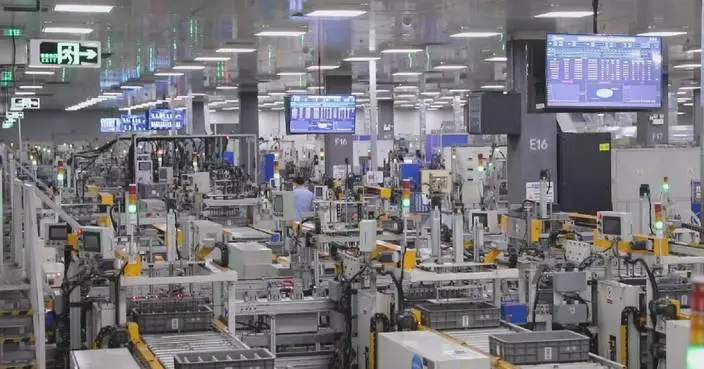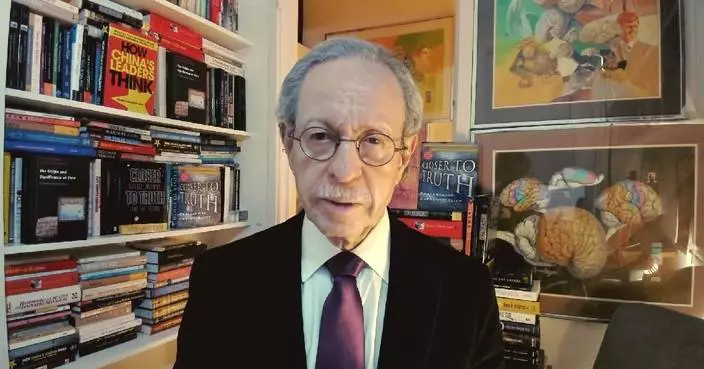This year's Malaysian International Halal Showcase (MIHAS), held from Tuesday to Friday, attracted global exhibitors, with China as the largest source of its overseas exhibitors.
The Halal industry, a multi-billion dollar sector in Malaysia, spans food, pharmaceuticals, cosmetics, and more. As the world's largest trade fair of its kind, MIHAS attracted exhibitors from 66 countries and regions this year, with over 50 from China.
At the MIHAS opening, Malaysia's Prime Minister Anwar Ibrahim highlighted this international recognition, referring to his recent meetings with global leaders, including Chinese President Xi Jinping.
"All these leaders have given special attention to the halal industry, and recognition to the role of Malaysia's government and the authorities in promoting this, and are seeking our cooperation and collaboration," said Ibrahim.
In conjunction with the 50th anniversary of the establishment of diplomatic ties between two countries, Chinese Muslim enterprises are eager to showcase their products in MIHAS to global halal customers.
"We just met a group of people from Indonesia, as well from Singapore and Thailand as well. So, I think this exhibition here is attracting all the people around the world who want products with halal. And I think we are also quite focused on this group of people," said Dennis Wang, general manager of Sichuan Huiji Food Company.
For smaller businesses, the annual MIHAS presents them with a valuable chance to go global.
"Because we have a restaurant in Ningxia, we're also looking for a partnership to open a restaurant here in Southeast Asia. So, I met someone from Cambodia. They are interested. So, we are open for, imagine like, a whole world of opportunities that we can explore with them," said Vinsee Siew from Beau Olam Group.
In recent years, Malaysia has witnessed the opening of many popular restaurants operated by Chinese Muslims. The halal industry, valued at three trillion U.S. dollars globally, is bringing benefits to the people of both China and Malaysia.
Malaysia, a Muslim-majority country in Southeast Asia, is one of the key players in the global halal trade. MIHAS has been an annual event since 2004.

China sends most participants to Malaysia Halal Showcase









